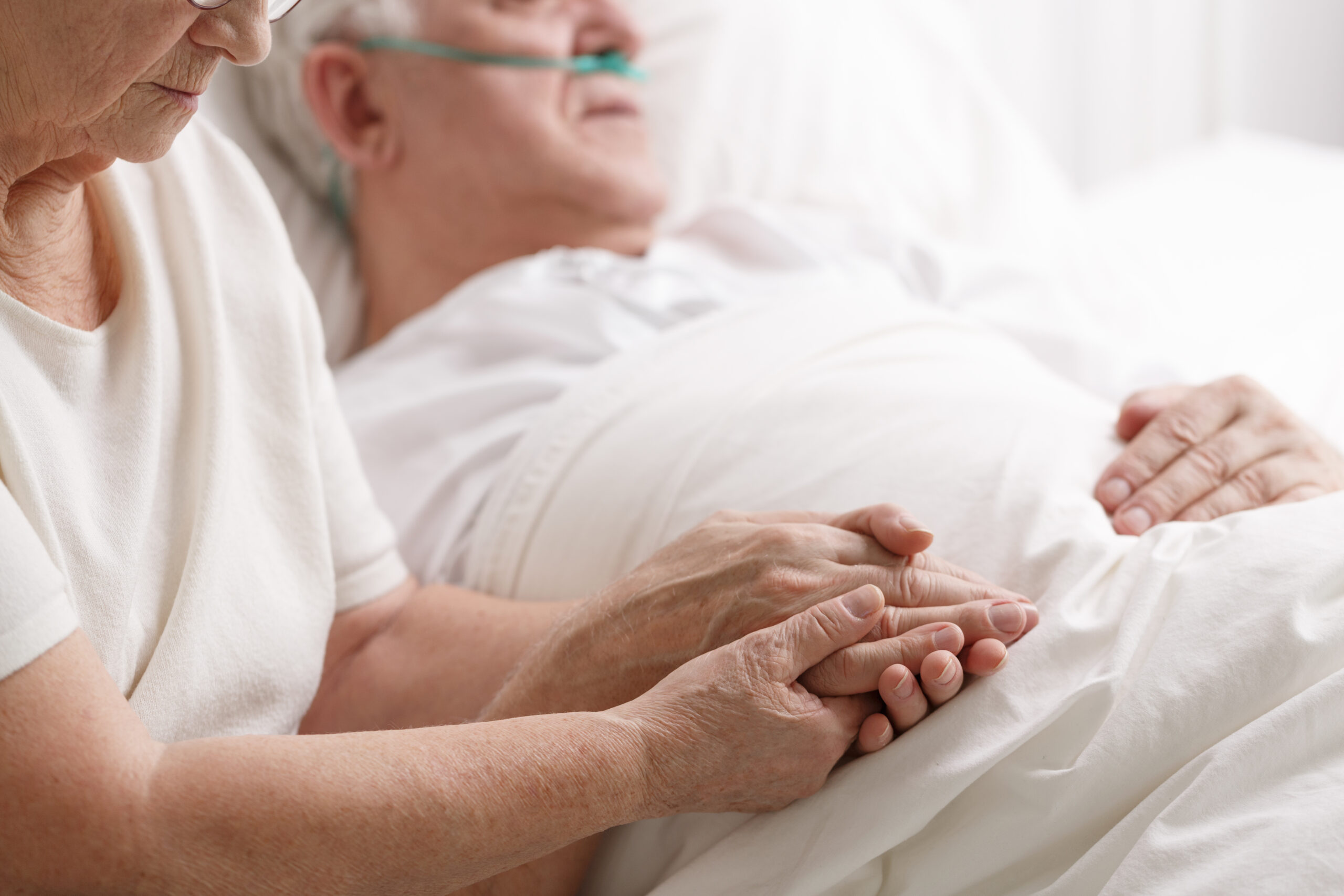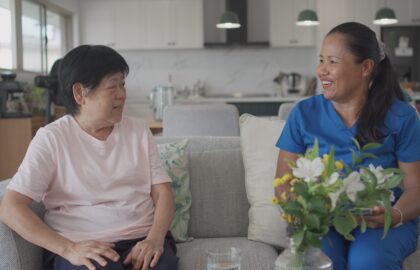
WHEN DOES END OF LIFE CARE BEGIN
Since there’s no set point in a person’s life or illness that states this is where end of life care is supposed to begin, it’s decided upon (usually) the doctor and family. Some signs you may want to keep an eye out for though, include:
– Your loved one has been making more and more trips to the emergency room. This is usually because their condition is stable, but symptoms are progressing enough to affect their quality of life.
– The hospital has been admitting them more. Doctors could be recognizing that the patient isn’t able to recover on their own anymore.
– Wanting to remain home. While this signal is in complete contrast to the first one, it’s understandable when your loved one is getting tired of the seemingly pointless trips to the hospital. The patient may even choose to stop receiving treatments for their disease.
END OF LIFE PLANNING
Caregivers and loved ones should be clear on the patient’s preferences and requests for treatment in their final stages. Preparing early can take a lot of the stress out of the conversation. Types of end-of-life care services should be discussed, as well as:
– If/when to discontinue treatment.
– Where the patient would like to receive hospice care (at home or at a particular facility).
– When to be removed from life support machines.
– Spiritual practices and memorial traditions.
Your loved one may need to speak to a financial adviser or lawyer to finalize paperwork or create an advance directive. Focus on values during this time, ensure you understand what’s important for your loved one. Sometimes these conversations can be helped along by a mediator or grief counselor.
PATIENT NEEDS
Your loved one’s needs will change during end-of-life care. Hopefully you’ve discussed their final wishes for the treatment they’re about to receive. You may need any of the following:
– PRATICAL CARE AND ASSISTANCE. During this time, the patient may no longer be able to walk, talk, sit or even comprehend what’s happening around them. Routine activities usually include feeding, bathing, and dressing.
– COMFORT AND DIGNITY. It’s possible that your loved one’s cognitive function or memory have depleted during this stage. However, their capacity to feel emotions such as scared, loved lonely, or at peace remain. Whether the patient is being cared for at home or at a hospice facility, the most helpful interactions are those that ease their general discomfort and pain. Providing opportunity for meaningful connections with loved ones remains important, despite their cognitive capacity.
– GRIEVING. Anticipating the death of a loved one can stir up a number of emotions from sadness to relief, even perhaps numbness or no emotions at all. Bereavement specialists or spiritual advisers can offer the compassion and reassurance you’re in need of.
– RESPITE CARE. When providing end of life care at home, a respite care specialist can give you and your family a much needed break from caregiving. Stemming from the idea that you can’t fully care for someone else unless you care for yourself first; hiring a respite worker gives you the opportunity to grab a coffee with friends. Often, an uplifting chat outside of the house gives you the energy needed to continue caring for your loved one.
The final stages of aging or a terminal illness are challenging and emotional for the patient, their family and caregivers. Open communication and honesty about expectations and everyone’s wellbeing are important for the transition. Planning ahead, together as a family will help with this.
If this article has raised some concerns or more questions, please reach out to one of our end of life care specialists to find out how Assurance Home Care can help your family.


